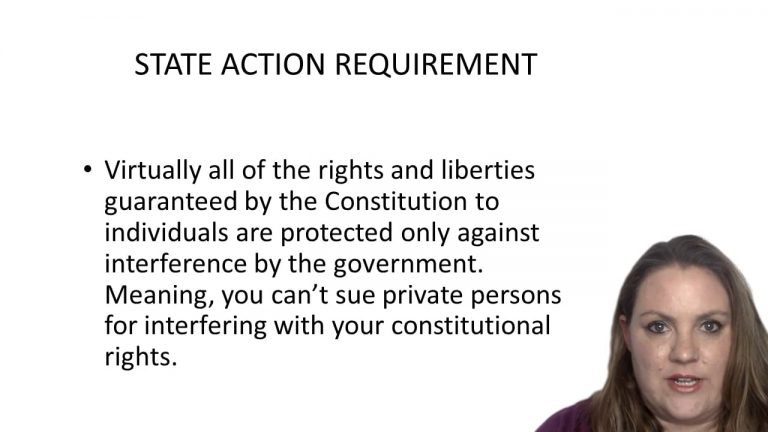SmartBrief
Confirm favorite deletion?
Constitutional Law Keyed to Maggs
U.S. Term Limits, Inc. v. Thornton
Citation:
514 U.S. 779 (1995)Facts
A the general election in 1992, the voters of Arkansas adopted Amendment 73 to their State Constitution. Section 3 of the Amendment, the provision at issue in these cases, applies to the Arkansas Congressional Delegation. The amendment limited terms of elected officials within the Arkansas state government and any person who served two or more terms as a member of the Senate from Arkansas would be ineligible for re-election as a U.S Senator from Arkansas. The constitutionality of the amendment depends critically on the resolution of two distinct issues. The first is whether the Constitution forbids States from adding to or altering the qualifications specifically enumerated in the Constitution. The second is, if the Constitution does so forbid, whether the fact that the amendment is formulated as a ballot access restriction rather than as an outright disqualification is of constitutional significance. The amendment applies to all persons seeking election after 1993. In 1992, respondent Bobbie Hill, on behalf of herself, similarly situated Arkansas citizens, residents, taxpayers and registered voters, and the League of Women Voters of Arkansas, filed a complaint in the Circuit Court in Arkansas, alleging that the amendment is unconstitutional and void.
Only StudyBuddy Pro offers the complete Case Brief Anatomy*
Access the most important case brief elements for optimal case understanding.
*Case Brief Anatomy includes: Brief Prologue, Complete Case Brief, Brief Epilogue
- The Brief Prologue provides necessary case brief introductory information and includes:
Topic:
Identifies the topic of law and where this case fits within your course outline.Parties:
Identifies the cast of characters involved in the case.Procedural Posture & History:
Shares the case history with how lower courts have ruled on the matter.Case Key Terms, Acts, Doctrines, etc.:
A case specific Legal Term Dictionary.Case Doctrines, Acts, Statutes, Amendments and Treatises:
Identifies and Defines Legal Authority used in this case.
- The Case Brief is the complete case summarized and authored in the traditional Law School I.R.A.C. format. The Pro case brief includes:
Brief Facts:
A Synopsis of the Facts of the case.Rule of Law:
Identifies the Legal Principle the Court used in deciding the case.Facts:
What are the factual circumstances that gave rise to the civil or criminal case? What is the relationship of the Parties that are involved in the case.Issue(s):
Lists the Questions of Law that are raised by the Facts of the case.Holding:
Shares the Court's answer to the legal questions raised in the issue.Concurring / Dissenting Opinions:
Includes valuable concurring or dissenting opinions and their key points.Reasoning and Analysis:
Identifies the chain of argument(s) which led the judges to rule as they did.
- The Brief Prologue closes the case brief with important forward-looking discussion and includes:
Policy:
Identifies the Policy if any that has been established by the case.Court Direction:
Shares where the Court went from here for this case.

 8m 59s
8m 59s